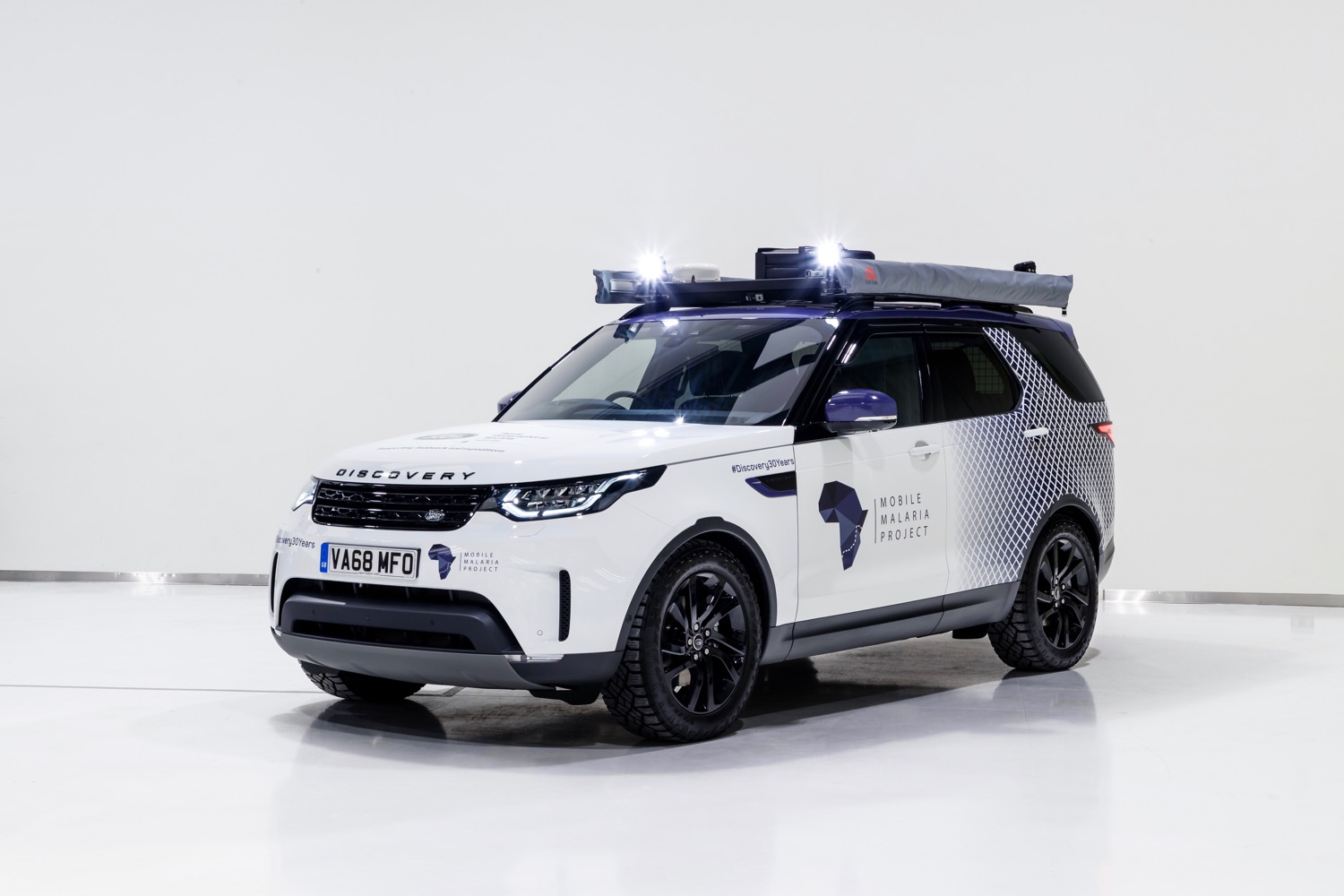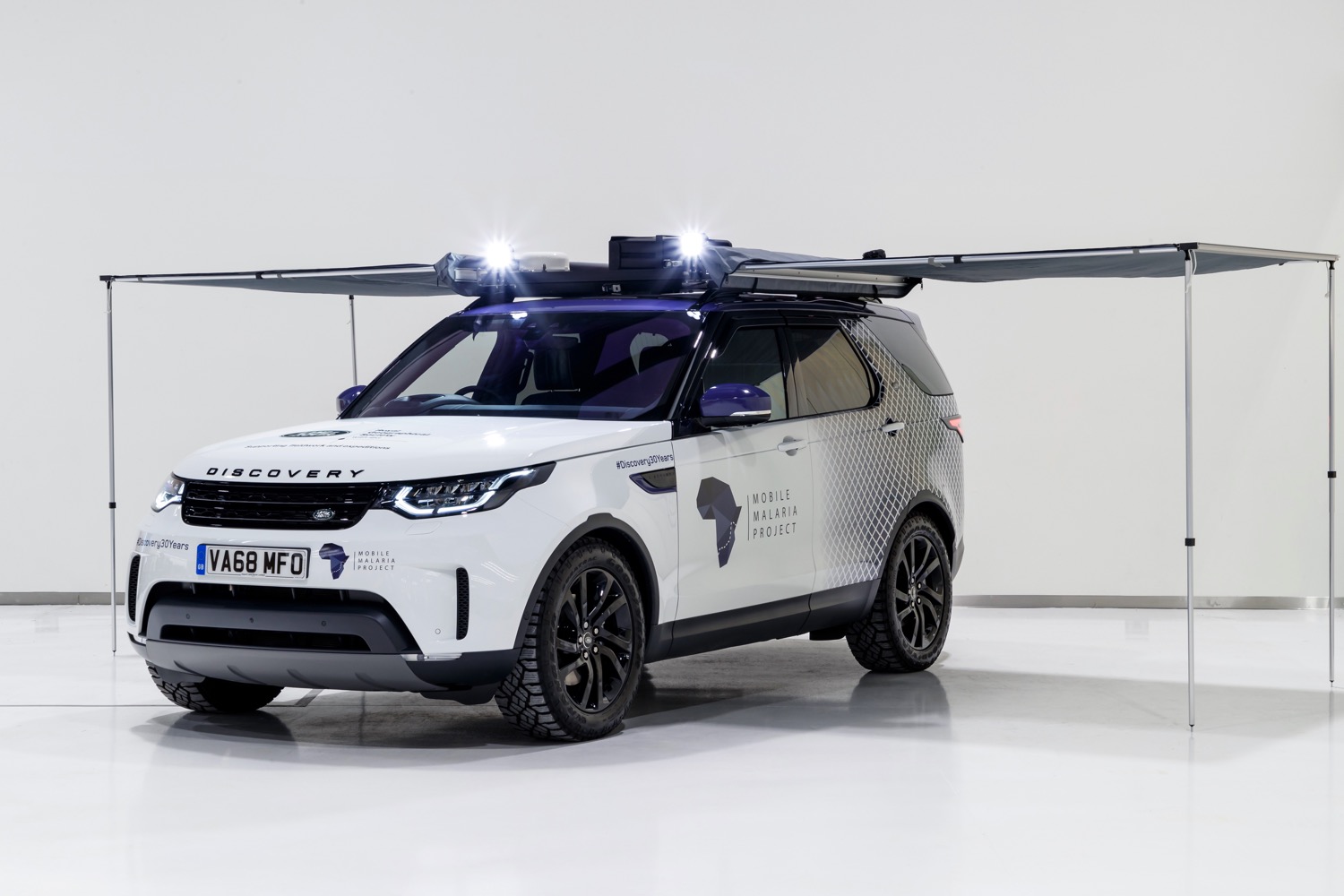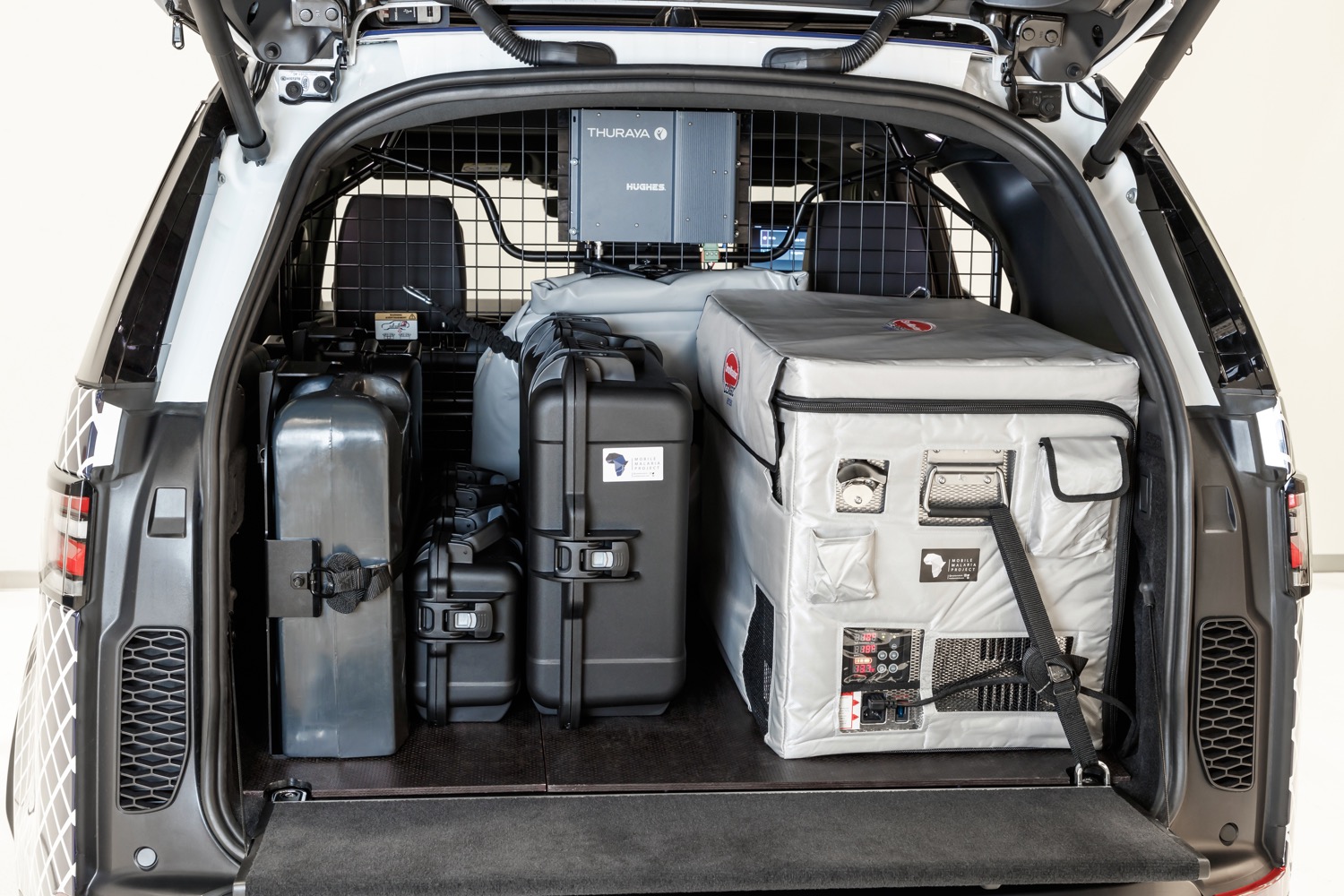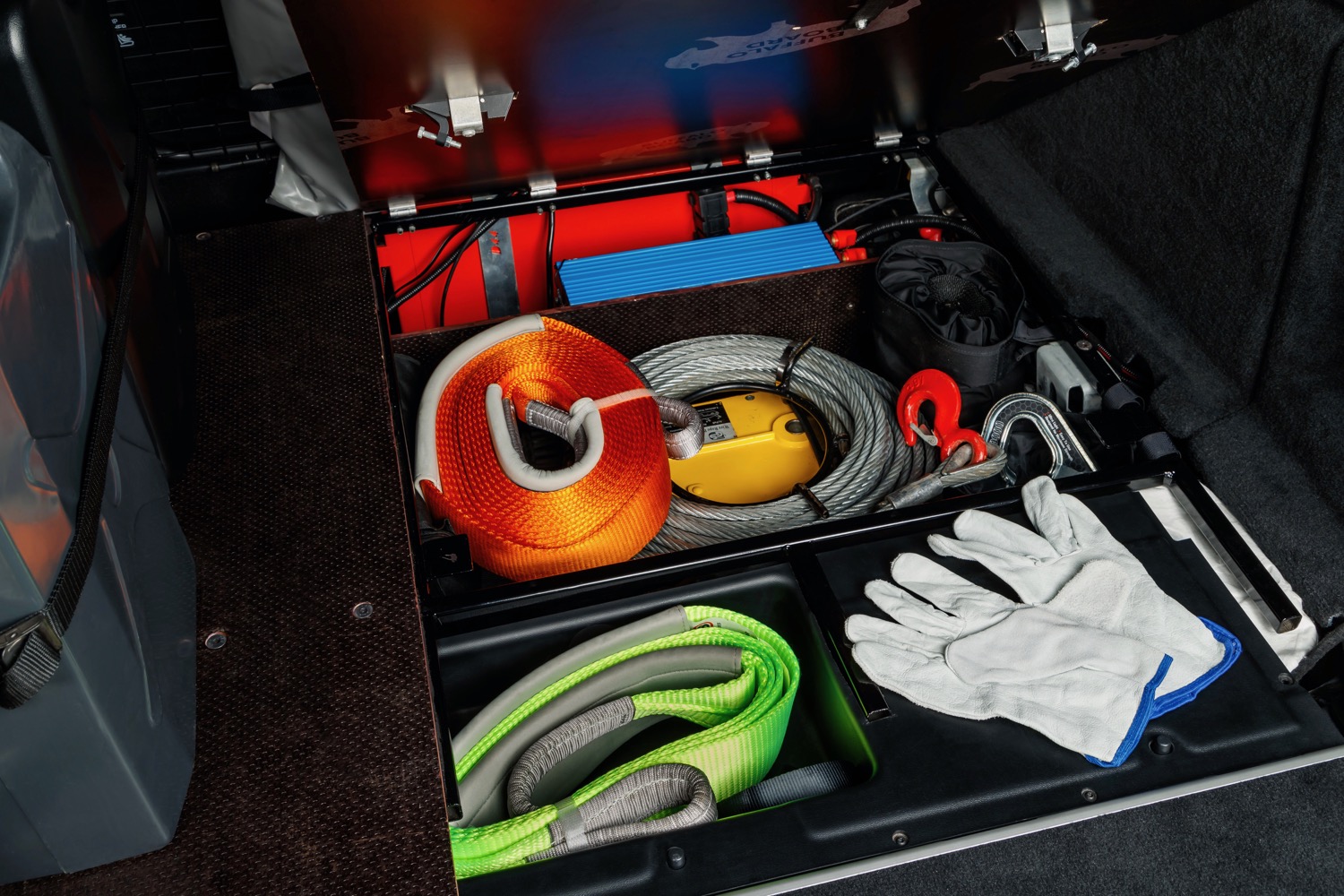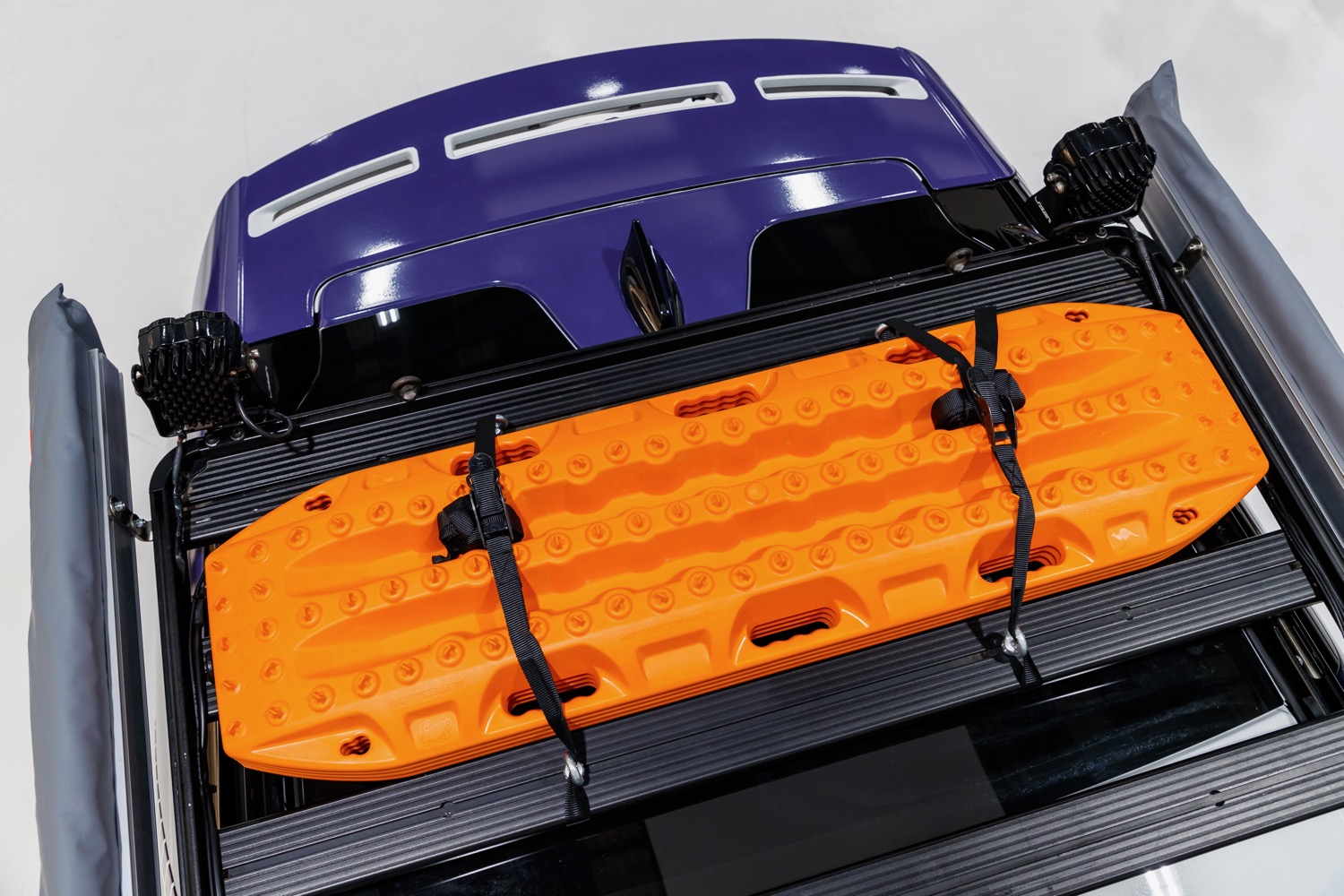The Land Rover Discovery is one of the best off-roaders available, capable of climbing every mountain and fording every stream in the best Land Rover tradition. But a new Discovery is more likely to spend its life in school parking lots and Starbuck’s drive-throughs than out in the wilderness. Bucking that trend, Land Rover will put the SUV’s capabilities to use for a good cause as a modified Discovery jam-packed with gadgets will head to Africa for an eight-week expedition to research malaria and attempt to improve efforts to contain the disease.
The Mobile Malaria Project will use the Discovery to transport three Oxford University researchers on a 3,914-mile journey across Namibia, Zambia, Tanzania, and Kenya. The team will work with local research centers, using onboard equipment to study malaria parasite and mosquito populations, according to a Land Rover press release. they will also look at factors like drug and insecticide resistance.
To do that, Land Rover equipped the Discovery with a mobile gene-sequencing laboratory, complete with a refrigerator and freezer for storing samples, and a dedicated battery pack to power everything. Other modifications include a dual sun awning that swings out from either side of the vehicle when parked, communications equipment, upgraded tires, LED night-driving lamps, and an expedition-style roof rack. The work was done by Land Rover’s Special Vehicle Operations (SVO) division, which normally does things like add a drink cooler to a Range Rover or some corner-carving capability to a Range Rover Sport.
“The loan of the Discovery not only gives us the capability we need to visit locations we might not have been able to reach otherwise, it gives us the space and versatility to transport the equipment we need,” Dr. George Busby, Mobile Malaria Project expedition leader, said in a statement. “This will allow us to gain a better understanding of how this technology could be used to answer locally relevant questions about malaria parasites and the mosquitoes that transmit them.”
The Mobile Malaria Project won the 2018 Land Rover Bursary, a prize awarded annually in concert with the Royal Geographical Society. The bursary gives funding and use of a Land Rover vehicle to a group undertaking an expedition that requires such an off-road vehicle.
